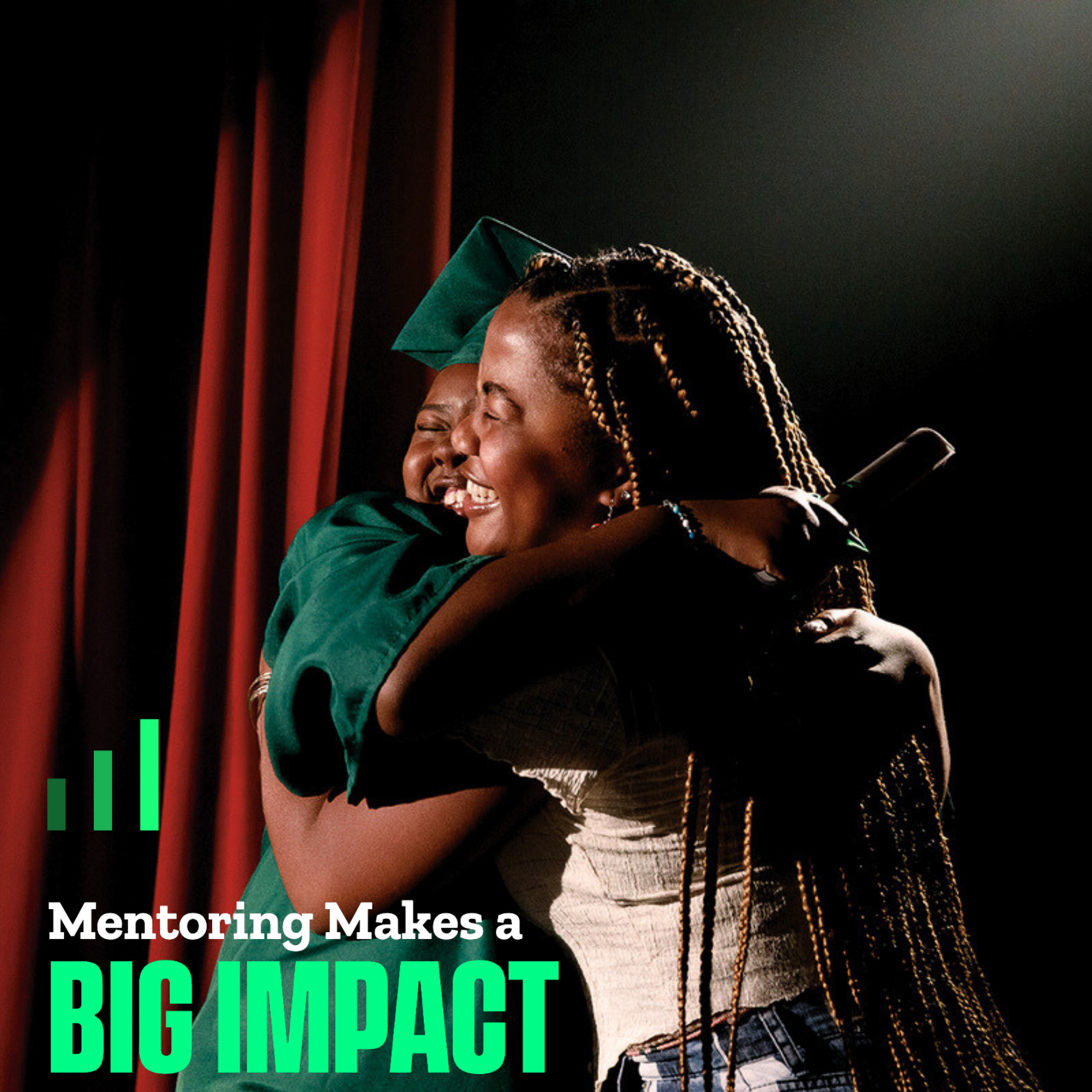Big Brothers Big Sisters of America Unveils Game-Changing Research on the Long-term Effects of Mentorship

Big Brothers Big Sisters of America (BBBSA) has recently released a landmark study demonstrating the profound impact of mentorship on young people's lives. Conducted by esteemed researchers from Harvard University and the U.S. Department of Treasury, this extensive research, grounded in 30 years of data, highlights how mentorship can significantly alter educational, economic, and social trajectories for youth. The study reveals that mentored youth experience substantial long-term benefits, including:
- Increased Earnings: Participants saw a 15% increase in earnings between the ages of 20 and 25, with their income becoming more aligned with their mentors than their families, effectively reducing the socioeconomic gap by two-thirds.
- Higher College Attendance: Mentored youth are 20% more likely to pursue higher education compared to their peers without mentors.
- Improved Behavior: Within just 18 months, mentored individuals reported lower rates of absenteeism and school suspensions.
- Healthier Social Outcomes: The study indicates that mentorship fosters better social behaviors and stronger connections, leading to decreased reliance on social services.
Artis Stevens, President and CEO of BBBSA, emphasized the study's validation of mentorship as a critical tool for breaking the cycle of poverty. "Connecting young people with caring mentors doesn’t just transform individual lives; it’s one of the most cost-effective investments we can make in our country’s future," he stated.
In addition, the study positions mentorship as a viable and low-cost alternative to traditional educational interventions, with an estimated annual cost of $2,000 to $3,000 per youth. The potential increase in lifetime earnings and related tax revenue could allow governments to recoup these costs within seven years.
Ginneh Baugh, Chief Impact Officer of BBBSA, noted, "Investing in mentorship is investing in our future," underscoring that mentorship addresses social and behavioral challenges that often hinder disadvantaged youth.
This groundbreaking research builds on a previous 1991 study and provides deep insights into the lifelong effects of mentorship. It focuses on youth aged 10 to 14 who participated in BBBS programs in the early 1990s, showcasing the diverse backgrounds of the participants.
The findings of this study reinforce the commitment of Big Brothers Big Sisters to expand access to quality mentoring relationships, ultimately helping every young person to reach their full potential.
For more information about the impact of mentorship, visit www.bbbs.org/impact.
